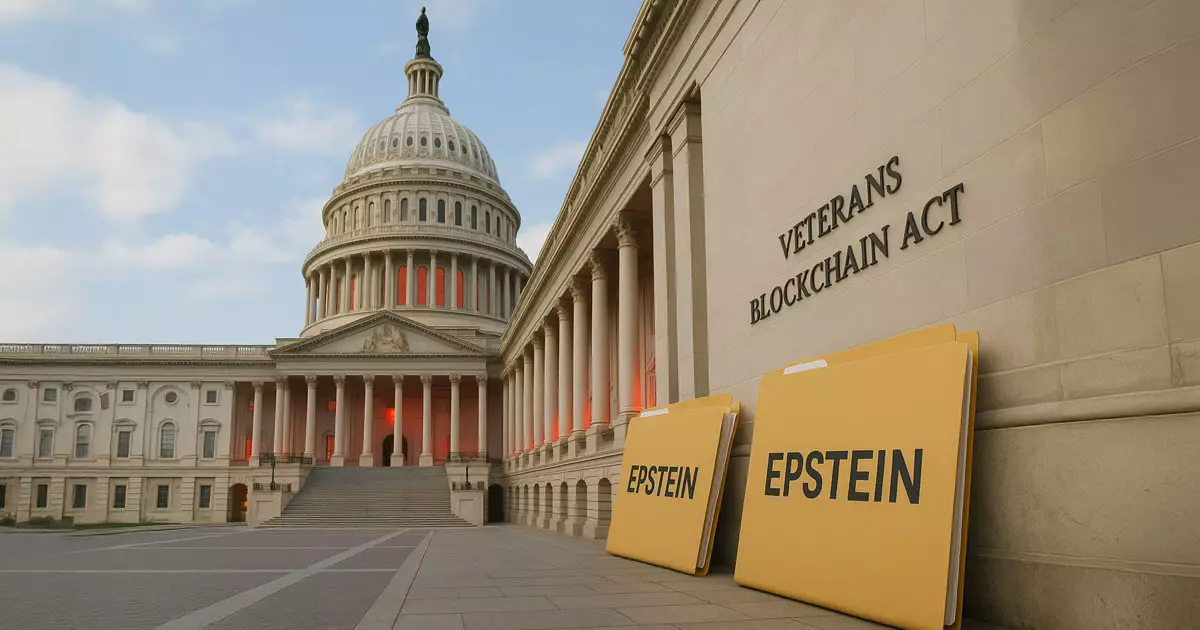In a move that signals growing political fatigue and internal discord, the House of Representatives unexpectedly adjourned ahead of schedule, effectively halting all legislative activity until the fall. This early recess, announced by Speaker Mike Johnson, disrupts the momentum of an already sluggish legislative calendar. While reaping the benefits of a brief respite, the decision raises critical questions about the strategic priorities of the House and whether this hasty retreat serves the national interest or merely reflects political caution. The move isn’t merely procedural; it signals a usurping of legislative urgency, especially on issues that demand immediate attention.
By ending all floor activity before Labor Day, the House appears to prioritize political optics over substantive governance. Such a premature break raises concerns about accountability, especially when vital policy areas — including financial regulation, technological innovation, and national security — face deferred consideration. This decision seems less about pragmatic scheduling and more about avoiding contentious debates, notably around transparency and oversight in high-profile investigations like Jeffrey Epstein’s case, which has become a flashpoint for partisan conflict. The result is a legislative void that threatens to deepen bipartisan divides and undermine public confidence in Congress’s ability to address pressing issues effectively.
Crypto Legislation: Progress Frozen, Future Uncertain
Despite the House’s hasty retreat, some key legislative milestones in the realm of digital currencies and blockchain innovation have already been achieved. Bills such as the GENIUS Act — aimed at clarifying regulatory frameworks for stablecoins — have secured Senate approval and the President’s signature, exemplifying a pragmatic, center-right approach to fostering innovation while maintaining oversight. Similarly, the CLARITY Act seeks to delineate jurisdiction between major regulatory bodies, presenting a balanced effort to prevent regulatory overreach and promote clarity for market participants.
However, the early recess hampers ongoing efforts to refine and pass additional crypto-related legislation, particularly those focusing on taxation and federal oversight. Notably, tax reform proposals—like establishing thresholds for small transactions and adjusting rules around staking rewards—were on the horizon but are now postponed indefinitely. This delay structurally disadvantages responsible innovation and leaves the industry in limbo, unable to adapt to evolving market dynamics. The missed opportunity reveals a House more interested in avoiding controversy than fostering a legislative environment conducive to technological progress and economic growth.
The apparent paralysis also impacts broader financial policymaking. Bills like the Anti-CBDC Act, which seeks to prevent the Federal Reserve from issuing its own digital currency, remain in limbo. While these measures underscore a cautious center-right stance — emphasizing regulatory clarity and skepticism of unchecked federal power — their postponement raises concerns about the balance between innovation and oversight. The delay hampers efforts to establish a coordinated approach that protects consumers while allowing technological advancements to flourish.
Implications for Veterans and Federal Innovation
Beyond the immediate legislative gridlock, the recess significantly delays promising initiatives aimed at improving government services through emerging technologies. The Veterans Affairs Distributed Ledger Innovation Act, championed by Rep. Nancy Mace, exemplifies efforts to leverage blockchain for transparency and efficiency in veterans’ benefit claims processing. Passed a subcommittee with bipartisan support, it holds the potential to modernize federal operations responsibly, reinforcing the belief that technological innovation can serve public interests without unnecessary bureaucratic hurdles.
Yet, the early adjournment stalls progress on this forward-thinking legislation. As whether to prioritize traditional processes over innovation remains a pressing debate, the bill remains in limbo, unable to advance through the committee or floor vote. Such delays undermine efforts to instill accountability and prevent fraud within government systems, reflecting a broader reluctance from Congress to fully embrace innovation, even when it aligns with conservative principles of efficiency and fiscal responsibility.
By postponing detailed studies and pilot programs, the legislative process misses an opportunity to demonstrate pragmatic, center-right leadership — combining modern technological solutions with fiscal prudence. This hesitance underscores a larger trend: a Congress eager to pause rather than advance, especially in politically sensitive domains where progress might challenge entrenched interests or political narratives.
Strategic Shortcomings and the Path Forward
The House’s premature adjournment merits scrutiny not just as an administrative act but as a symptom of deeper political and strategic shortcomings. By choosing to retreat and delay, lawmakers abandon opportunities to lead in emerging sectors like digital finance and public technology modernization. This approach risks ceding influence to international competitors and losing ground in an increasingly digital economy.
Furthermore, the decision to pause critical debates — on transparency, regulation, and innovation — could foster a sense of stagnation, alienating constituents who demand responsive governance. While political parties may see short-term advantage in avoiding contentious issues, history suggests long-term damage when legislative momentum is sacrificed for expediency. Responsible leadership, especially in a centrist-liberal context, should recognize that embracing innovation and transparency are essential to maintaining stability and competitiveness.
The real challenge lies ahead: whether Congress will finally confront these issues with the seriousness they deserve when it reconvenes, or whether they will continue to be postponed, deepening the division and disillusionment that currently pervade Capitol Hill.


Leave a Reply